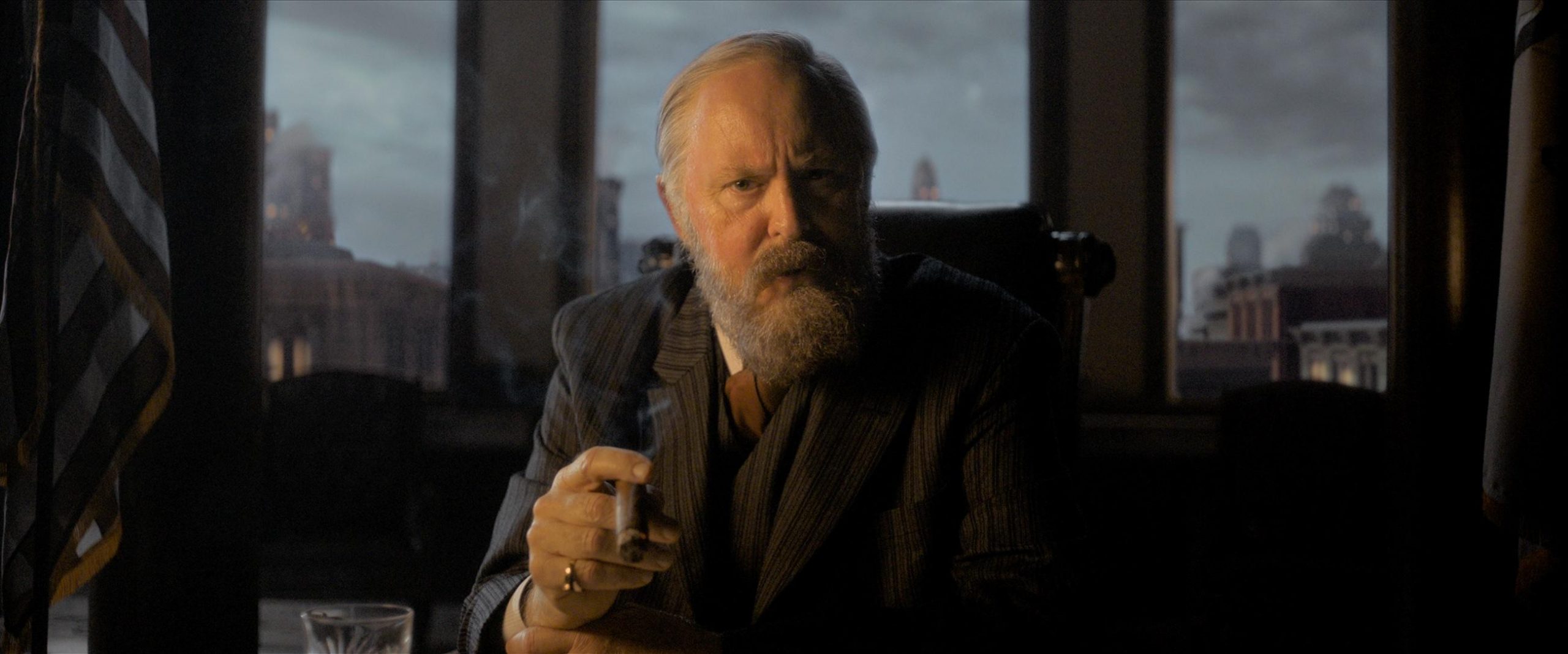🎬 Cabrini (2024)

🎬 Cabrini (2024)
Director: Alejandro Monteverde
Genre: Biographical Drama, Historical
Screenplay: Alejandro Monteverde, Rod Barr
Cast: Cristiana Dell’Anna, David Morse, Giancarlo Giannini, John Lithgow, Federico Castelluccio
Plot Summary
Cabrini is a powerful biographical drama that tells the story of Frances Xavier Cabrini, an Italian-American immigrant and the first naturalized U.S. citizen to be canonized as a saint. Set in the late 19th and early 20th centuries, the film chronicles Cabrini’s journey from a humble beginning in Italy to becoming a trailblazing advocate for immigrants, the poor, and the marginalized in America.
Act I: Humble Beginnings
Born in 1850 in the small Italian village of Sant’Angelo Lodigiano, Francesca Cabrini (Cristiana Dell’Anna) grows up with a deep faith and a determination to serve others despite her fragile health. She dreams of becoming a missionary, but societal expectations for women and her physical limitations present significant obstacles.
When she finally takes her religious vows, Cabrini becomes Sister Frances Xavier Cabrini and is tasked with establishing the Missionary Sisters of the Sacred Heart of Jesus. Her mission is to care for orphans and educate impoverished children in Italy. However, her life changes dramatically when Pope Leo XIII instructs her to go to America to support the growing Italian immigrant population.
Act II: A New World
Arriving in New York City in the late 1800s, Cabrini is confronted by the harsh realities of immigrant life. Poverty, discrimination, and lack of resources plague the Italian community. Despite these challenges, she remains steadfast in her mission. Cabrini establishes schools, orphanages, and hospitals, providing care and education to those in need.
The film captures her encounters with influential figures of the time, including politicians, clergy, and philanthropists. Cabrini’s unwavering resolve and faith win her both allies and adversaries, as she challenges societal norms and overcomes institutional resistance.
Act III: Legacy and Canonization
Cabrini’s work expands across the United States and beyond, with missions established in Latin America and Europe. Her achievements are extraordinary, but they come at great personal sacrifice. Cabrini’s health deteriorates as she pours every ounce of her strength into her cause.
The film culminates with her passing in 1917, leaving behind a legacy of compassion and resilience. Decades later, her life and work are recognized by the Catholic Church, and she is canonized as Saint Frances Xavier Cabrini in 1946, becoming a symbol of hope and perseverance for millions.
Themes and Analysis
- Faith and Determination
Cabrini’s life is a testament to the power of faith and determination in the face of adversity. The film highlights her spiritual strength and unyielding commitment to serving others, regardless of the obstacles she faced. - Immigration and Social Justice
The film explores the struggles of immigrants in the late 19th century, drawing parallels to contemporary issues. Cabrini’s advocacy for the marginalized resonates as a timeless call for empathy and justice. - Empowerment and Leadership
Cabrini’s role as a leader in her community challenges traditional gender roles of the era. Her ability to inspire and mobilize others underscores the importance of female empowerment in shaping history.
Performances
- Cristiana Dell’Anna: As Frances Xavier Cabrini, Dell’Anna delivers a deeply moving performance, capturing both Cabrini’s vulnerability and inner strength.
- David Morse: Plays a key supporting role, portraying a figure who assists Cabrini in navigating the complexities of the American system.
- John Lithgow: As a powerful figure opposed to Cabrini’s work, Lithgow brings nuance to his performance, reflecting the societal resistance Cabrini faced.
- Giancarlo Giannini: Portrays an influential church official who serves as both a mentor and a skeptic of Cabrini’s ambitions.
Visual Style and Direction
Alejandro Monteverde masterfully captures the contrast between the bustling streets of 19th-century New York and the serene spiritual moments of Cabrini’s life. The film’s period-accurate costumes and set design immerse viewers in the historical context, while the emotive cinematography highlights Cabrini’s internal struggles and triumphs.
The film’s score, composed by Mark McKenzie, weaves together poignant melodies that underscore the emotional weight of Cabrini’s journey and her unwavering faith.
Reception and Legacy
Cabrini is anticipated to resonate deeply with audiences, particularly those inspired by stories of faith, resilience, and social justice. Early screenings suggest critical acclaim for its heartfelt storytelling, compelling performances, and historical relevance.
The film serves as a reminder of Cabrini’s enduring impact on education, healthcare, and the fight for immigrant rights. By spotlighting her life, Cabrini not only honors her legacy but also inspires viewers to reflect on their own capacity for compassion and action.
Conclusion
Cabrini is a moving and inspiring portrait of a woman who overcame tremendous odds to make a lasting difference in the lives of countless individuals. With its powerful message of faith, perseverance, and hope, the film promises to leave an indelible mark on audiences, celebrating a legacy that continues to inspire acts of kindness and courage today.